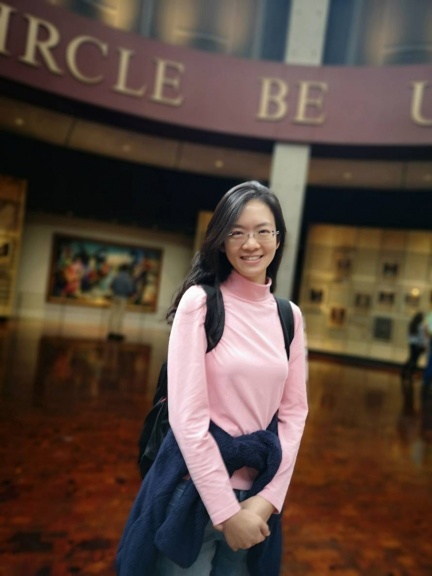This week’s spotlight series features Dr. Pei-Ying (Emily) Lin, a visiting scholar from the National Taiwan University Hospital in Taipei City, Taiwan. She is a specialist in pulmonary and critical care medicine, focusing on thoracic oncology. Her research interests include translational cancer research, data science, and precision medicine in cancer treatment.
What have been the major findings so far in your research? What could be the impact?
My major research field is lung cancer, the leading cause of cancer-related death worldwide. The driving force of lung cancer oncogenesis varies over different subtypes. My research topics primarily focus on dissecting mechanisms in order to develop therapeutics for current unmet needs. For example, CNS penetration, drug resistance, and poor response to immune checkpoint blockades in driver mutation positive cases.
What lessons have you learned throughout your career? How have these lessons drawn you to Vanderbilt?
After years of training in many topics, from clinical medicine to translational cancer research, I am a strong proponent for the importance of data science in this new era of medicine. High-dimensional data - whether structural or non-structural, genomics, proteomics, radiomics, or medical records - are becoming the core of modern medical research. Data integration and elaboration based on solidified analytical and verification processes and clinical experiences are now common practice. These are the reasons I am here at Vanderbilt – to further develop my understanding of data science and precision medicine.
What is your philosophy about research?
My philosophy about research is to discover the undiscovered etiology and/or mechanism of an unsolved problem, which can be a biological phenomenon or a disease, and to be honest and respectful to the data and findings. One should always integrate and interpret data properly, so that the research findings can make good to what inspires us to initiate the research project in the first place.
What are your thoughts on the debate between modern data science and traditional statistical practices?
The increasing importance of data science in the biomedical field is clear. Its application is most successful with strong teamwork and collaboration between data scientists and other researchers. Working to incorporate new techniques will only improve health and research outcomes.
Tell us about your life outside of Vanderbilt.
While my professional life keeps me very busy, I try to maintain my hobbies in music and arts. I enjoy listening to music and exercising to stay healthy and balance my work and life.
